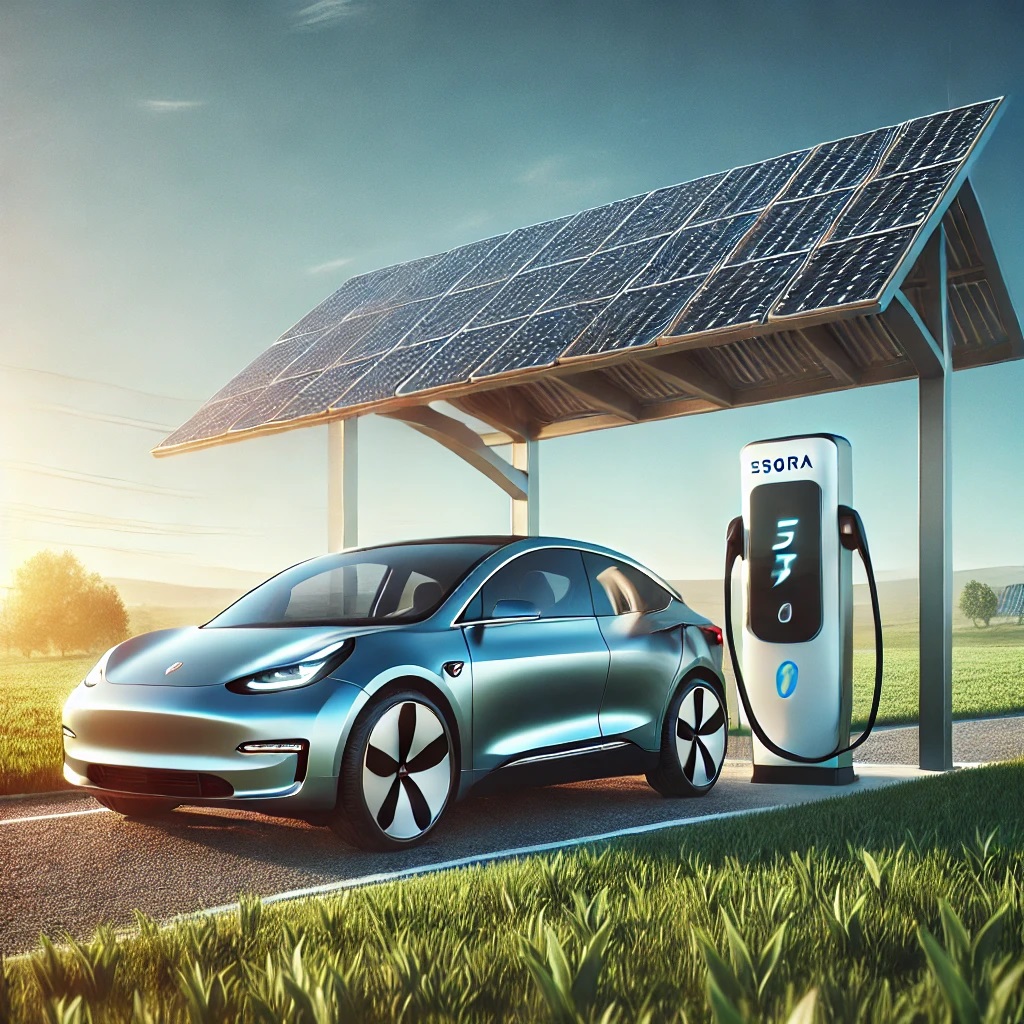Electric Vehicles (EVs) Paving the Way for a Sustainable Environment

The rise of Electric Vehicles (EVs) marks a revolutionary step towards creating a sustainable environment. As governments, corporations, and individuals worldwide focus on reducing carbon emissions, EVs are becoming a vital solution for addressing climate change and fostering environmental sustainability.
Why Electric Vehicles (EVs) Matter for Sustainability
Electric Vehicles (EVs) offer a cleaner alternative to traditional internal combustion engine vehicles. Powered by electricity instead of fossil fuels, EVs emit zero tailpipe emissions, making them a crucial tool in reducing air pollution. According to a recent report, the transportation sector contributes nearly 25% of global carbon dioxide emissions. By adopting EVs, society can significantly lower its carbon footprint.
Moreover, advancements in renewable energy sources, such as solar and wind power, are enhancing the sustainability of EVs. Charging electric vehicles using renewable energy further amplifies their environmental benefits, aligning with global efforts to transition to cleaner energy systems.
The Economic and Social Impact of Electric Vehicles (EVs)
EVs are not only environmentally friendly but also economically advantageous. Governments worldwide are offering incentives, such as tax credits and rebates, to encourage EV adoption. These incentives make EVs more accessible, promoting a shift away from fossil-fuel-dependent transportation.
Socially, the transition to EVs creates opportunities for innovation and job creation. From manufacturing EV components to developing charging infrastructure, industries are adapting to support this green revolution. In regions where air pollution has historically been a challenge, EV adoption is improving public health outcomes, demonstrating their broader societal benefits.
Challenges and Future Opportunities
While Electric Vehicles (EVs) offer many advantages, challenges such as limited charging infrastructure and battery disposal concerns remain. However, continuous innovation in battery technology, including the development of solid-state batteries, promises to address these issues. Collaborative efforts between public and private sectors are crucial to building extensive charging networks and recycling programs.
With EV technology advancing rapidly, the future looks promising. Companies like Tesla, Nissan, and BYD are leading the charge in producing efficient and affordable EV models. Additionally, local initiatives, such as community-based EV charging stations, are empowering individuals to contribute to a sustainable environment.
Conclusion: Electric Vehicles (EVs) as Catalysts for Change
The adoption of Electric Vehicles (EVs) represents a transformative shift towards sustainability. By reducing emissions, enhancing public health, and fostering economic growth, EVs are paving the way for a cleaner and greener future. As more individuals and organizations embrace this innovation, the dream of a sustainable environment becomes increasingly attainable.